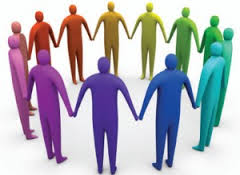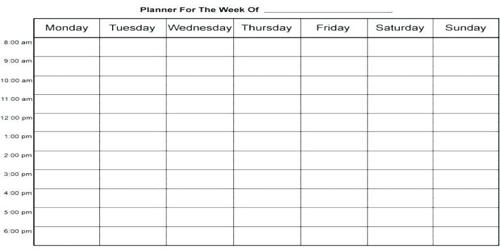A team is a group of individuals, all working together for a common purpose. The individuals comprising a team ideally should have common goals, common objectives and more or less think on the same lines. Individuals who are not compatible with each other can never form a team. They should have similar if not the same interests, thought processes, attitude, perception and likings.
“A team is a small number of people with complementary skills who are committed to a common purpose, performance goals, and approach for which they are mutually accountable.” (Katzenbach and Smith, 1993)
Teams are created for both long term and short term interaction. A product development team, an executive leadership team, and a departmental team are long lasting planning and operational groups. Short term teams might include a team to develop an employee onboarding process, a team to plan the annual company party, or a team to respond to a specific customer problem or complaint.
Three common types of teams include functional or departmental, cross-functional, and self-managing.
- Functional or departmental teams: Groups of people from the same work area or department who meet on a regular basis to analyze customer needs, solve problems, provide members with support, promote continuous improvement, and share information.
- Cross-functional teams: Groups of people who are pulled together from across departments or job functions to deal with a specific product, issue, customer, problem, or to improve a particular process.
- Self-managing teams: Groups of people who gradually assume responsibility for self-direction in all aspects of work.
















